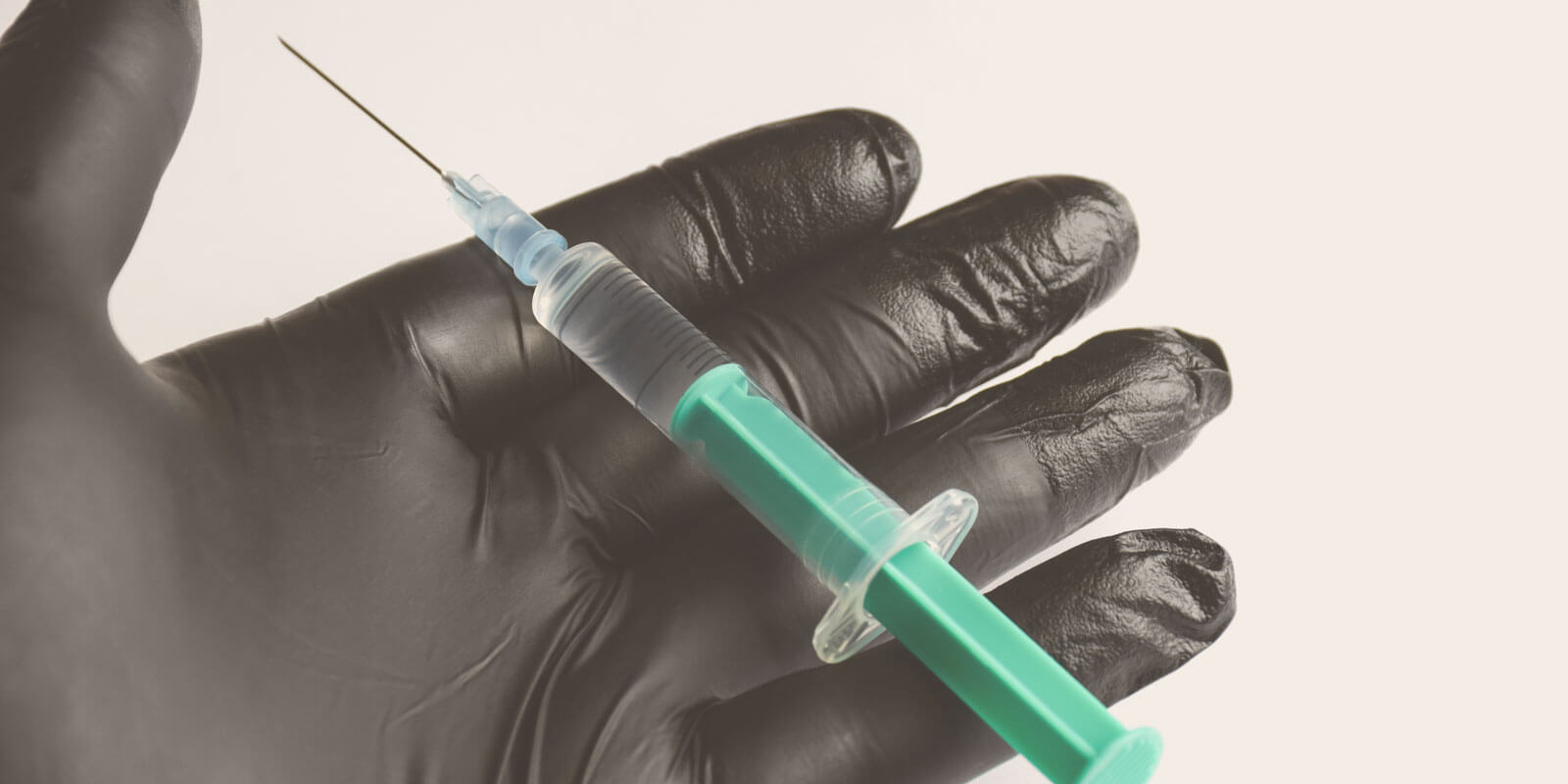As technology advances, so do the expectations around confidentiality, cybersecurity, and compliance. It’s not just best practice — it’s the law.
The Legal Framework: Know Your Obligations
In Australia, aesthetic clinics are bound by multiple privacy and health data laws:
Privacy Act 1988 (Cth): Regulates how personal information is collected, used, stored, and disclosed.
Australian Privacy Principles (APPs): Apply to any clinic with turnover over $3M or that provides a health service.
Health Records and Information Privacy Act 2002 (NSW) and similar state legislation.
“All health service providers, including cosmetic clinics, must handle patient records with the highest level of care. Data breaches not only damage your reputation — they carry severe penalties,” explains Kym Cowper, regulatory educator and former nurse auditor.
Cybersecurity: The Weak Link Could Be Your Phone
One of the most overlooked risks in clinics is the use of personal devices, particularly for storing or taking patient photographs. While convenient, it’s non-compliant and puts patient data at risk.
“If you wouldn’t email a stranger your medical history, don’t store your patients’ images in your personal iCloud or phone gallery,” warns Nicole Montgomery, founder of Aesthetic Business Masters.
Why You Should Never Use a Personal Phone for Clinical Photos:
No audit trail or access logs
Vulnerable to loss, theft, or hacking
Lack of encryption
Photos may auto-sync to cloud storage apps like Google Photos or iCloud
What Safe Record Keeping Looks Like
Safe, compliant clinical records include:
Patient consent forms specific to image capture and use
Time-stamped, treatment-linked photos
Encrypted cloud-based software (e.g., Practice Management Systems or image vaults like Medimatch, Clinic to Cloud)
Backups, access controls, and secure logins
“Every aesthetic practitioner should treat clinical images like they would a prescription drug — strictly managed and tracked,” says Dr. Phoebe Jones, cosmetic physician and digital privacy advocate.
Action Steps to Secure Your Clinic
Ban personal phone use for photos – Create a written policy and educate your team.
Use professional clinic software with secure image storage and consent documentation.
Audit your data practices – Who has access to what? How is it stored?
Implement cybersecurity training for all staff.
Regularly back up data to encrypted cloud systems or external drives.
Get insured – Check your professional indemnity covers cyber and data liability.
Consequences of Non-Compliance
Fines up to $2.1 million per breach (OAIC)
Loss of trust and clients
AHPRA investigations and disciplinary action
Public reputation damage (especially in small or boutique practices)
Final Thoughts: Safety Is Trust
Every patient who walks into your clinic trusts you — not just with their skin, but with their identity. Protecting their personal information is not optional, and it’s not just a tech issue — it’s a trust issue.
“Trust is the new currency of modern clinics. If you want your patients to invest in your services, you need to invest in their privacy,” concludes Nicole Montgomery.
Need help auditing your clinic’s cybersecurity and privacy protocols? Aesthetic Business Masters offers workshops and digital templates to get you compliant, confident, and patient-protected.







